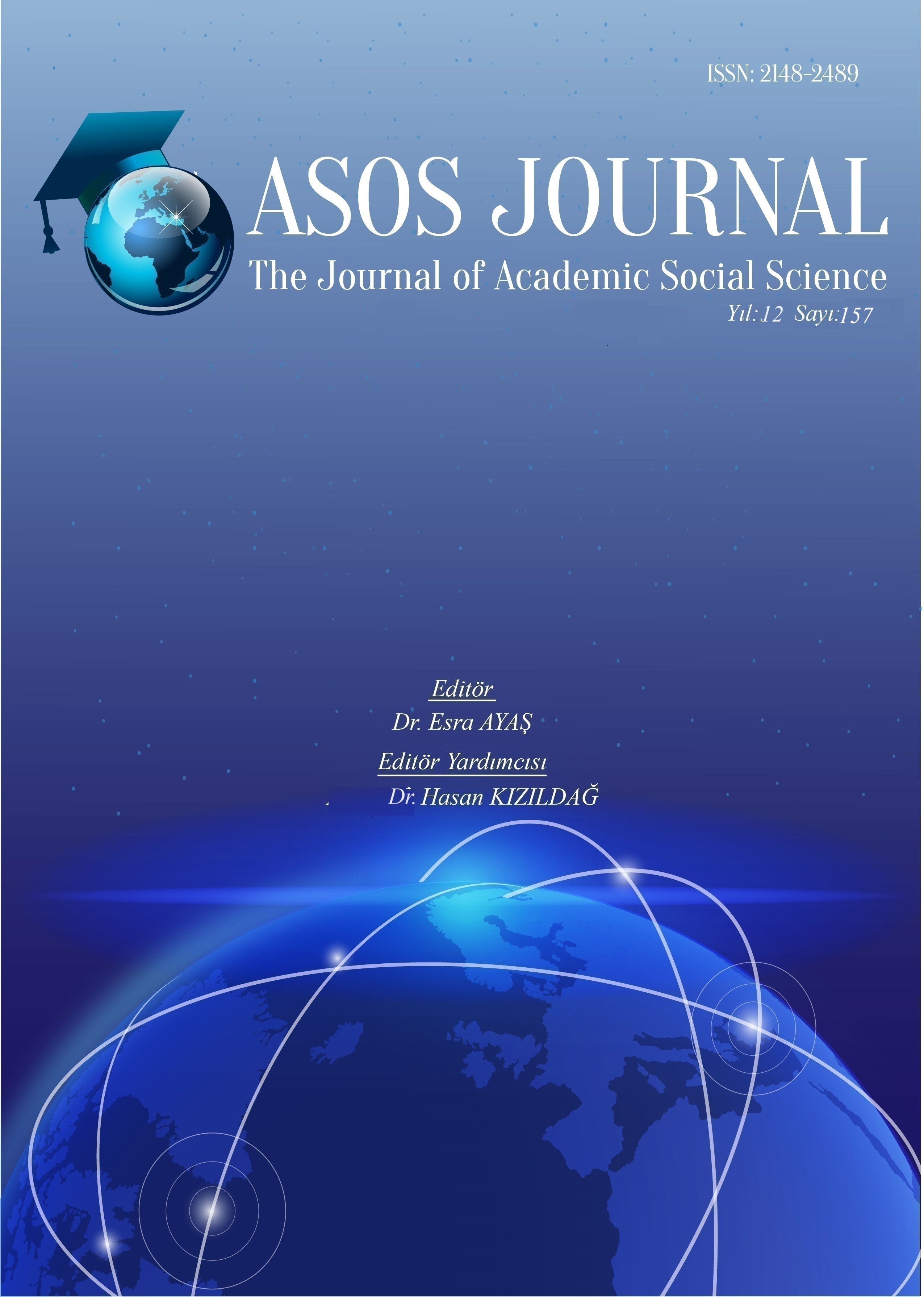Author :
Abstract
Yaşamı tehdit edici nitelik taşıyan bir takım olayların deneyimlenmesi sonrasında bireyler TSSB geliştirerek uyum bozucu bilişsel, duygusal ve fiziksel tepkiler verebilirler. Epidemiyoloji çalışmaları ışığında, travmatik bir olaya maruz kalma olasılığının oldukça yüksek olduğu düşünüldüğünde uygun destek sağlanmasının önemi bir kez daha gözler önüne serilmektedir. Bu çalışma ile TSSB için geliştirilen ve değişime yatkın bir periyottayken doğrudan travma anılarını hedefleyen bir müdahale türü olan Bellek Yeniden Yapılandırma Terapisi’nin (BYTT) etkinlik araştırması yapılması planlanmıştır. Araştırmaya,19-45 yaş aralığında olan 24 kadın katılmıştır. Veriler araştırmacının oluşturduğu kişisel bilgi formu, travmatik anıya ilişkin fenomenolojik özellikler formu ve Olayların Etkisi Ölçeği kullanılarak toplanmıştır. Ön test-son test ölçümleri alınan müdahale grubundaki 12 kişiyle toplamı 109 seans olmak üzere 6 ila 16 seans aralığında değişen sayıda bireysel görüşme yürütülmüştür (Ort= 9 hafta). Araştırma sonucunda, BYYT’nin travmatik olayın önemi, öztanımlayıcılık düzeyi, yoğunluğu, sonuçları, istemli ve istemsiz hatırlanması ya da anısının berraklığı üzerinde bir etkisinin olmadığı saptanırken; olay anımsandığında duyumsanan görsel ve işitsel detaylar, rahatsızlık düzeyi ve toplam travmatik stres puan üzerinde etkili olduğu saptanmıştır. Mevcut çalışma ile Bellek Yeniden Yapılandırma Terapisi’nin (BYTT) etkinliğine ilişkin ön bulgular ortaya konmuştur. Gelecek çalışmalarda müdahale ve karşılaştırma grup puanlarının denk olması, grupların genişletilmesi ve karıştırıcı değişkenlerin elimine edilerek tekrarlanması önerilmektedir.
Keywords
Abstract
Following the experience of life-threatening events, individuals may develop PTSD and may have maladaptive cognitive, emotional and physical reactions. In the light of epidemiology studies, the importance of providing appropriate support is once again demonstrated when it is considered that the probability of exposure to a traumatic event is quite high. This study aims to investigate the efficacy of Memory Restructuring Therapy (MRT), a type of intervention developed for PTSD that directly targets trauma memories during a period when the memories are labile to modification. A total of 24 women, aged between 19 and 45, residing in either Turkey or Germany, took part in the study. The data were collected via a personal information form created by the researcher, a phenomenological characteristics form regarding traumatic memory, and the Impact of Events Scale. As a result of the study, it was found that the MRT had no effect on the importance of the traumatic event, level of self-defining quality of the event, event intensity, consequences, voluntary and involuntary recollection or vividness of the memory. However, it was found to be effective on the visual and auditory details of memory, level of distress, and total traumatic stress score. Preliminary findings regarding the efficacy of Memory Reconsolidation Therapy (MRT) were presented in the present study. It is suggested that future studies employ a more rigorous methodology, including ensuring that the intervention and comparison group scores are equal, expanding the groups, eliminating confounding variables, and repeating the study.





